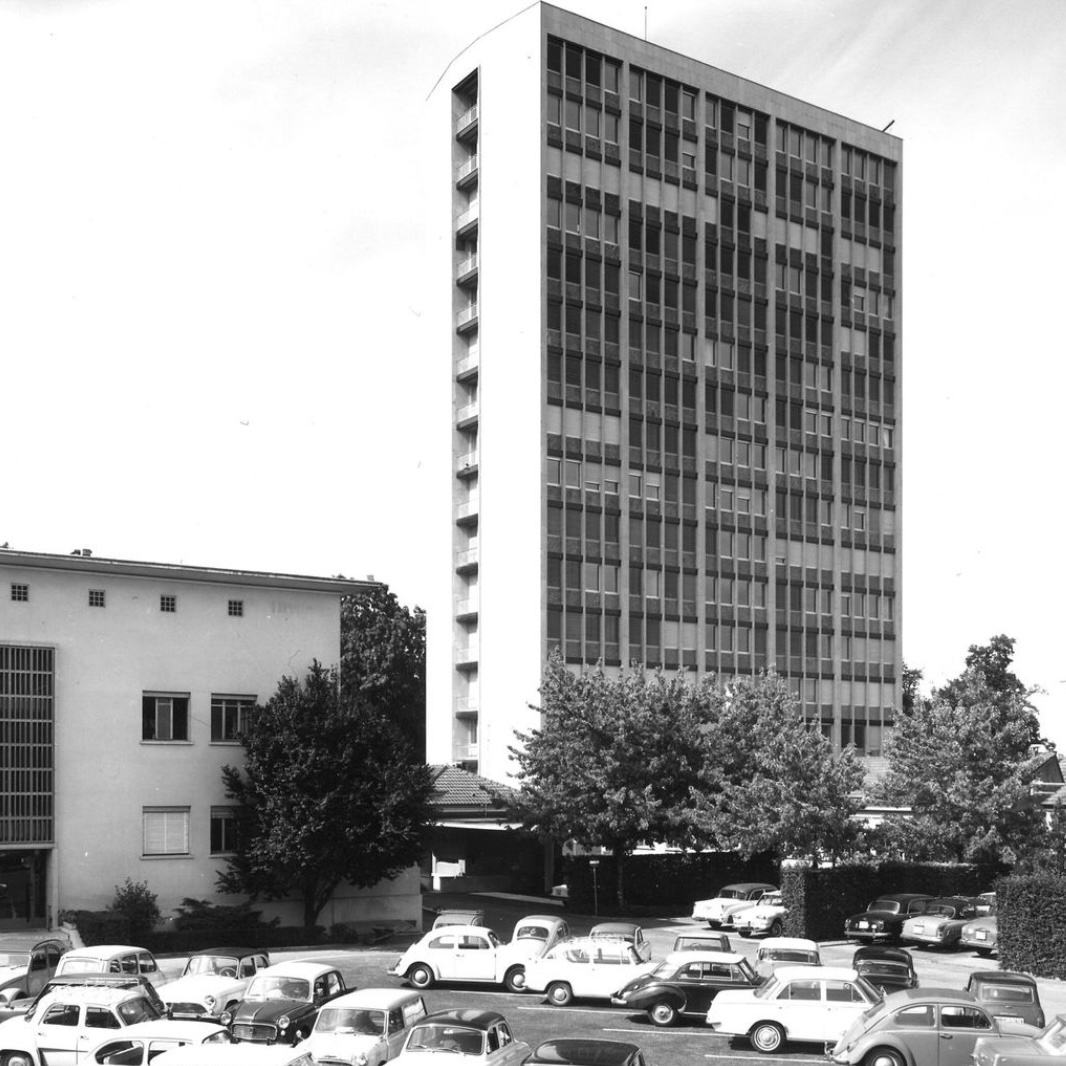
Swiss Chemical Landmark 2023: They made Geneva the capital of perfume chemistry
 History was made in Geneva in the field of perfume chemistry. The city is now being honoured as a historic site of chemistry. This development was driven by two major fragrances and flavours companies, dsm-firmenich and Givaudan, who now receive the Chemical Landmark award.
History was made in Geneva in the field of perfume chemistry. The city is now being honoured as a historic site of chemistry. This development was driven by two major fragrances and flavours companies, dsm-firmenich and Givaudan, who now receive the Chemical Landmark award.
Picture: Former dsm-firmenich factory building in the district La Jonction.
Image: dsm-firmenisch
Geneva is the cradle and capital of world’s perfume chemistry. Two companies made a decisive contribution to this: dsm-firmenich and Givaudan. In recognition of their important role in perfume chemistry, they have now been jointly awarded the Chemical Landmark of the Swiss Academy of Sciences (SCNAT). With this award, the SCNAT honours sites in Switzerland that have played a historically significant role in advancing the field of chemistry.
A legacy of perfumery icons
In 1895, chemist Philippe Chuit and entrepreneur Martin Naef set up their first perfume laboratory in Charles Firmenich's garage in Geneva. They founded a company to produce synthetic perfumes and flavours. In the same year, the brothers Léon and Xavier Givaudan opened a laboratory to produce fragrances in Zurich but moved to Vernier near Geneva in 1898.
Over the next few years, both companies pioneered the analysis, synthesis and production of fragrances with the help of findings and processes from the emerging field of organic chemistry. One key milestone was achieved by Leopold Ružička, who determined the structure of muscone, the main component of musk, a highly coveted element in the perfume industry. His work on terpenes, which included musk, was awarded the Nobel Prize in Chemistry in 1939.
Today, dsm-firmenich and Givaudan are among the world's leading companies in the fragrance and flavour industry, whose fragrance innovations have shaped countless iconic perfumes.
Source: https://chem.scnat.ch/
Published by David Spichiger, SCS
19.12.2024
EuChemS Magazine, December 2024
EuChemS News, Policy News, Events, Awards
Find our monthly compilation of science related European policy developments and EuChemS news in this newsletter. Take a look at our headline stories or read the magazine by clicking on the button below.
Read the complete EuChemS Magazine Plus
EuChemS News
- Javier García Martínez: Chair of the Scientific Committee at ECC10
- EuChemS welcomes new Executive Board Members
- EuChemS Vice President Floris Rutjes participates in a panel debate at SusChem Stakeholder Event
- Implementing the “Good Chemistry” course: a case study at Jagiellonian University
Policy News
- STOA Panel elects new leadership for 10th parliamentary term
- ERC-funded research accelerates CRISPR/Cas gene-editing advancements
- New Horizon Results Booster helps EU researchers maximise impact
- Ursula von der Leyen highlights Europe’s leadership in renewable hydrogen at Fourth Renewable Hydrogen Summit
Read the full magazine on: https://www.magazine.euchems.eu/
David Spichiger, SCS
18.12.2024
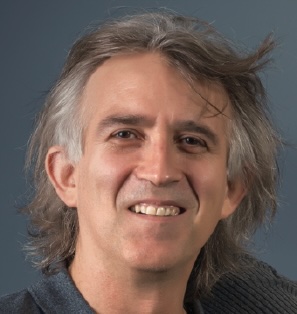
SCS Award Winners 2025
It’s our pleasure to announce the winners 2025 of the SCS Scientific Award Programs. We would like to sincerely congratulate all winners for their outstanding scientific contributions, and we are looking forward to the Swiss Chemistry Science Night in Bern on September 19, 2025, where the official award ceremonies will take place. Award lectures will be organized as part of the program of one of our upcoming events.
Werner Prize 2025
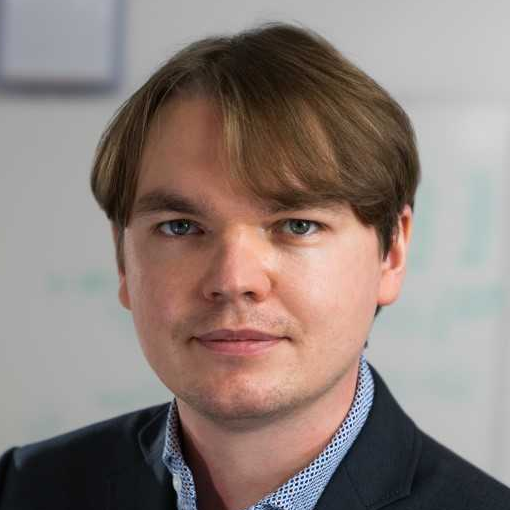 Prof. Dmitry Katayev, University of Bern
Prof. Dmitry Katayev, University of Bern
receives the prize for his important milestones advancing light and electricity driven carbon-hydrogen (CH) functionalization methodologies for a variety of substances, spanning from common feedstocks to complex molecules and materials.
The prize is endowed with CHF 10’000 and a medal in bronze. The award lecture will take place at the SCS Spring Meeting in Bern on April 24, 2025.
Links:
Werner Prize website
Website Prof. Katayev
Picture: D. Katayev
Sandmeyer Prize 2025
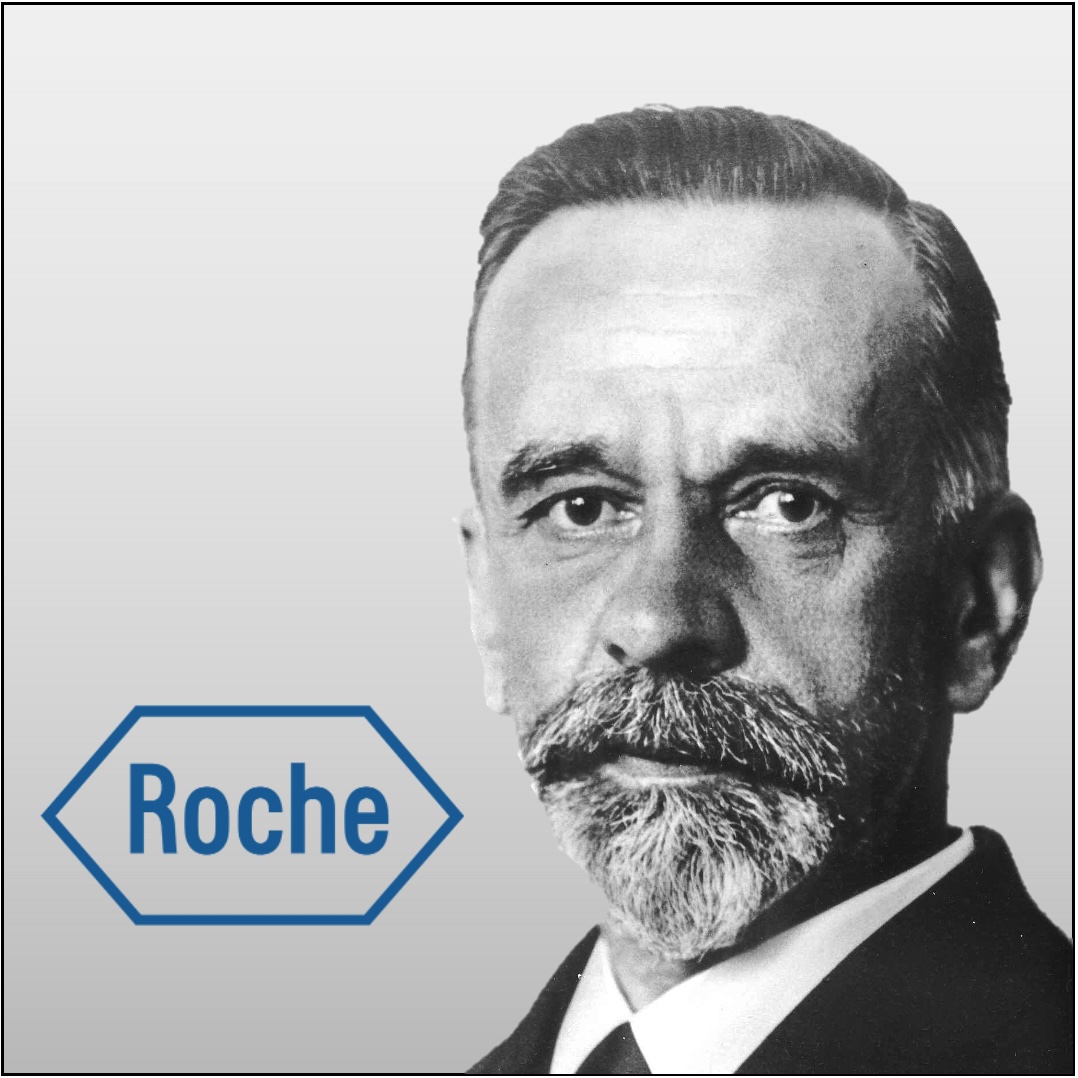 F. Hoffmann-La Roche Ltd.
F. Hoffmann-La Roche Ltd.
namely Dr. Stephan Bachmann, Dr. Raphael Bigler, Dr. Dainis Kaldre, Dr. Dominique Kummli, Dr. René Lebl, Dr. David Linder, Dr. Ugo Orcel, Dr. Isabelle Prévot and Dr. Jörg Sedelmeier,
are awarded in recognition of the team’s outstanding achievements to enable the commercial manufacturing process of Divarasib.
The award is endowed with CHF 20’000. The award lecture will take place at the 17. Freiburger Symposium on April 4, 2025, and the SCS Fall Meeting in Zurich on September 4, 2025.
Links:
Sandmeyer Prize Website
Grammaticakis-Neumann Prize 2025
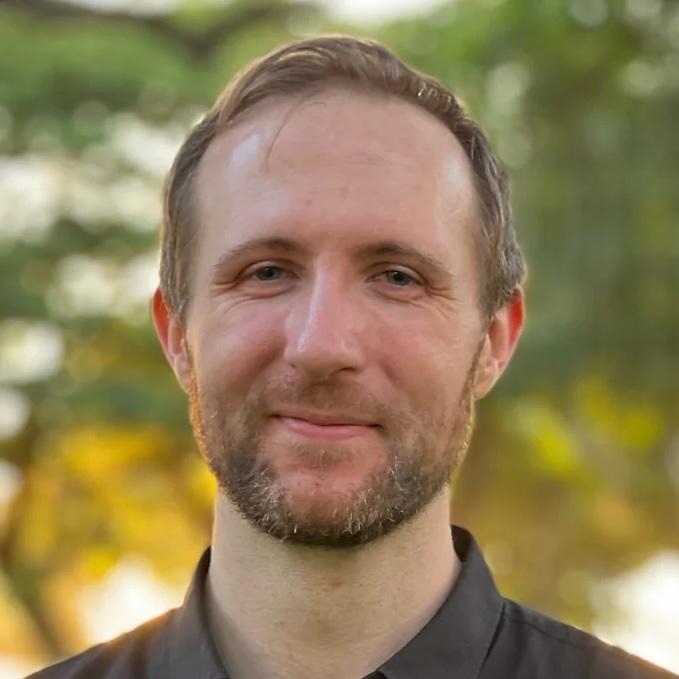 Prof. Julian G. West, Rice University, Houston, US
Prof. Julian G. West, Rice University, Houston, US
receives the prize for his creative and innovative research program focused on harnessing the unique reactivity of free radical intermediates using innersphere photocatalysis to enable powerful, previously impossible reactions.
The award is endowed with CHF 5’000. The award lecture will take place at the SCS Fall Meeting 2025 in Zurich on September 4, 2025.
Links:
Grammaticakis-Neumann Prize Website
Website of Prof. Julian G. West
Picture: J. G. West
SCS Senior Industrial Science Award 2025
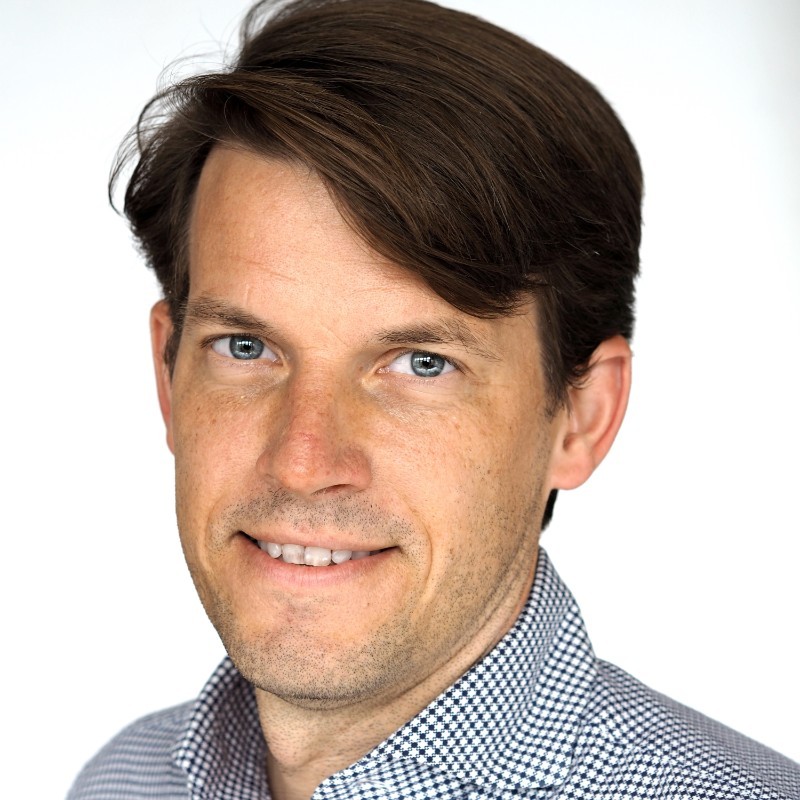 Dr. Henrik Möbitz, Novartis Pharma AG
Dr. Henrik Möbitz, Novartis Pharma AG
receives the prize for his outstanding contributions to medicinal and computational chemistry.
The prize is endowed with CHF 10’000. The award lecture will take place at the Swiss Industrial Chemistry Symposium in Basel on January 30, 2026.
Picture: H. Möbitz
SCS Industrial Science Award 2025
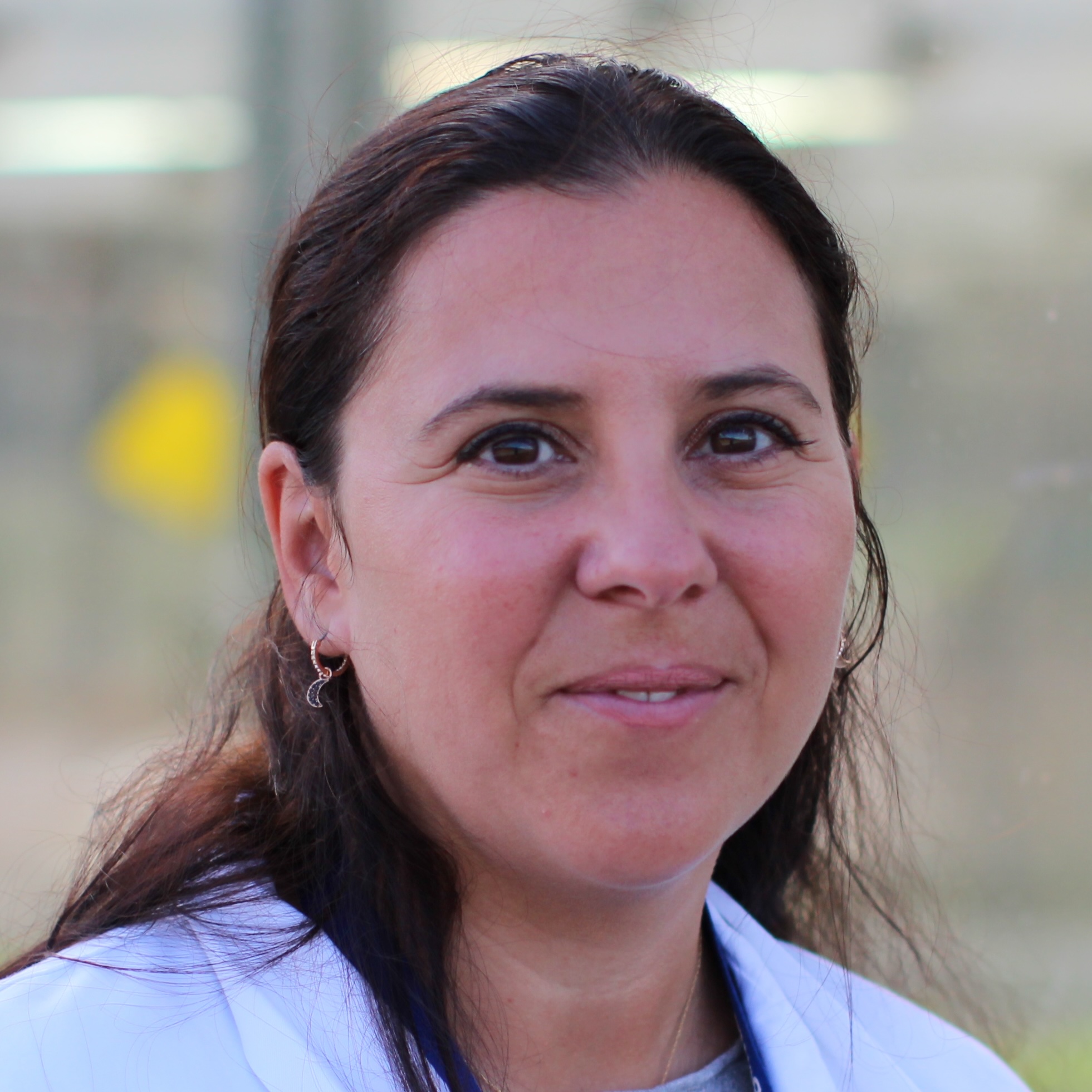 Dr. Myriem El Qacemi, Syngenta Crop Protection AG
Dr. Myriem El Qacemi, Syngenta Crop Protection AG
receives the prize for her outstanding contributions to synthetic chemistry and its links to broader life sciences.
The award is endowed with CHF 7’000. The award lecture will take place at the SCS Fall Meeting in Zurich on September 4, 2025.
Links:
Website SCS Industrial Science Award Program
Picture: M. El Qacemi
Swiss Green & Sustainable Chemistry Award 2025
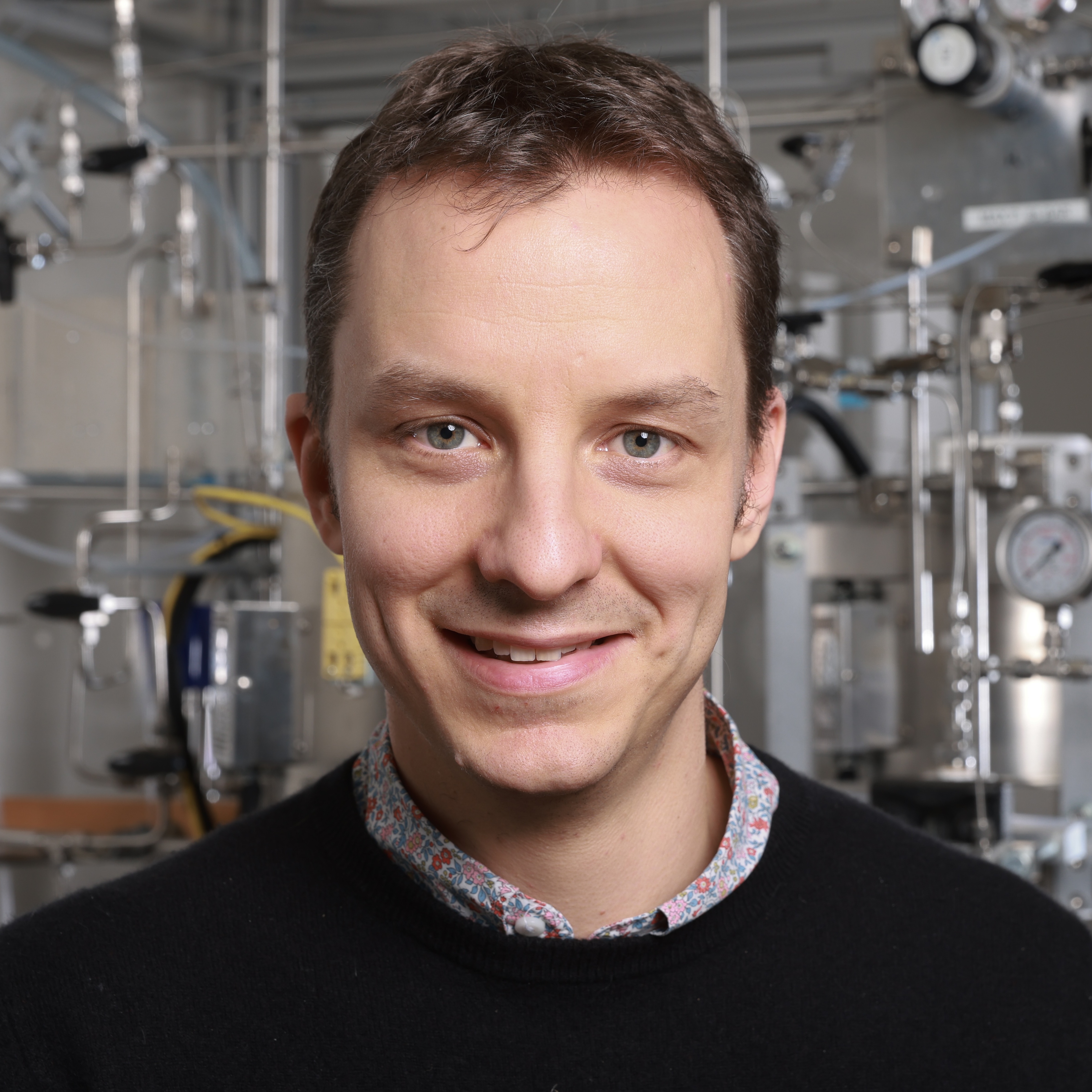 Prof. Jeremy Luterbacher, EPFL Lausanne
Prof. Jeremy Luterbacher, EPFL Lausanne
receives the prize for his development of an innovative technology towards depolymerizing lignin from biomass.
The award is endowed with CHF 10’000 and is sponsored by Syngenta Crop Protection AG. The award lecture will take place at the SCS Fall Meeting in Zurich on September 4, 2025.
Links:
Website Swiss Green & Sustainable Chemistry Award
Website of Prof. Luterbacher
Picture: J. Luterbacher
Simon-Widmer Award 2025
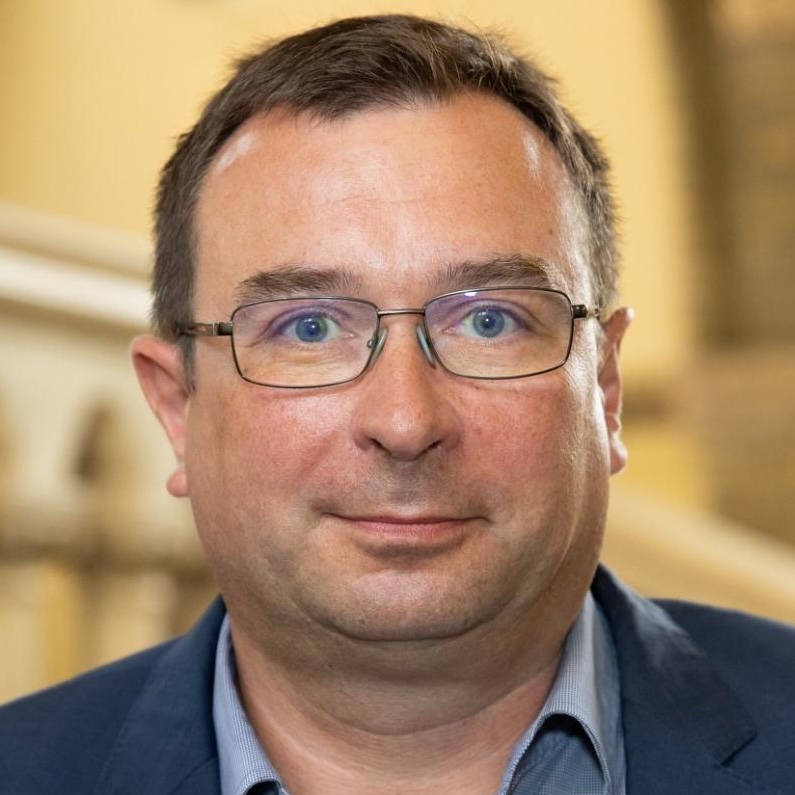 Prof. Róbert E. Gyurcsányi, Budapest University of Technology and Economics (BME)
Prof. Róbert E. Gyurcsányi, Budapest University of Technology and Economics (BME)
receives the prize for his pioneering research programs using innovative electroanalytical and bioanalytical methods.
The award is endowed with CHF 5’000. The award lecture will take place at the CHanalysis in Beatenberg on March 19, 2025.
Links:
Website Simon-Widmer Award
Website of Prof. Gyurcsányi
Picture: R. E. Gyurcsányi
Balmer Prize 2025
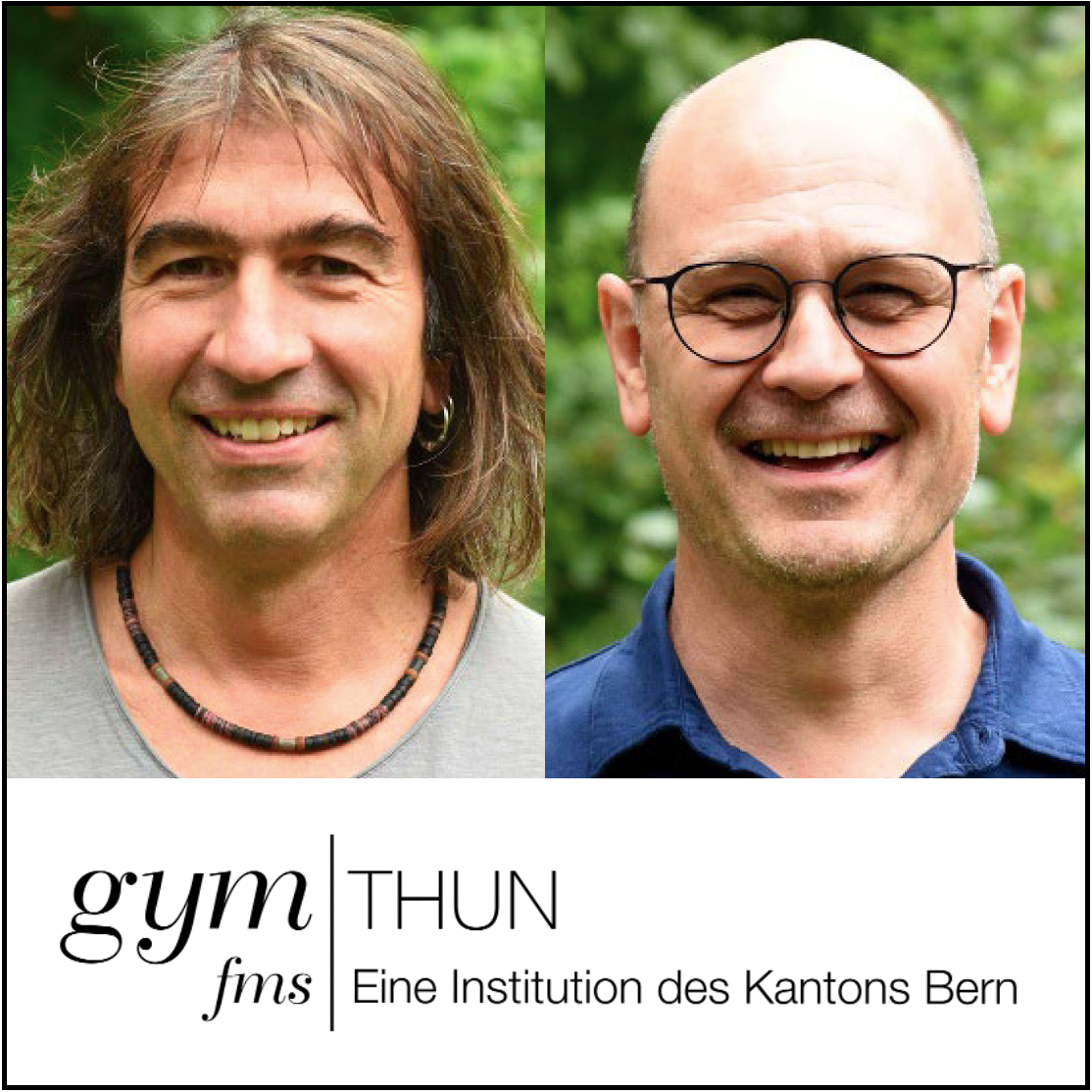 Dr. Thomas Hari and Dr. Daniel Brunner, Gymnasium Thun
Dr. Thomas Hari and Dr. Daniel Brunner, Gymnasium Thun
werden geehrt für die Entwicklung einer Vielzahl von innovativen, interdisziplinären Projekten für das gemeinsame Schwerpunktfach Biologie-Chemie sowie für Unterrichtsmodule im Rahmen der MINT-Förderung am Gymnasium Thun.
Der Preis ist mit CHF 4’000 und einer Bronze Medaille dotiert.
Der Vortrag findet im Rahmen der ChemEdu 2025 in Zurich statt.
Links:
Balmer Prize Website
Picture: T. Hari, D. Brunner
DIAC Fellowship Award 2025
 Dr. Philippe Dupau, dsm-firmenich, Geneva
Dr. Philippe Dupau, dsm-firmenich, Geneva
is awarded for his outstanding contributions in the discovery, development and industrial implementation of many innovative and robust catalytic methodologies for the sustainable and cost efficient synthesis of iconic perfumery ingredients.
The award is endowed with CHF 1’000. The tour will include lectures at University of Geneva, the University of Bern as well as at Syngenta Kaiseraugst.
Links:
DIAC Fellow Website
Picture: P. Dupau
Dr. Max Lüthi Prize 2025
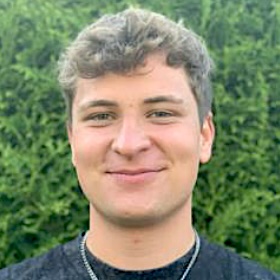 Herr Nils S. Hänggi, FHNW Muttenz
Herr Nils S. Hänggi, FHNW Muttenz
wird geehrt für seine herausragende Bachelorarbeit «Production and Characterization of Metabolites of Synthetic Cannabinoids».
Der Preis ist mit CHF 1’000 und einer Bronze Medaille dotiert.
Links:
Dr. Max Lüthi Preis Website
Picture: N. S. Hänggi
RGCC Cancer Drug Discovery Award 2025
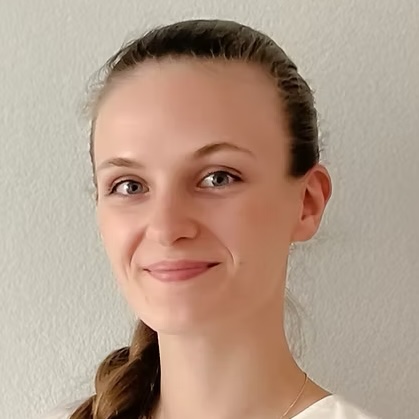 Dr. Zuzanna Kozicka, Harvard Medical School and Dana-Farber Cancer Institute
Dr. Zuzanna Kozicka, Harvard Medical School and Dana-Farber Cancer Institute
receives the award for her PhD thesis at the Friedrich Miescher Institute for Biomedical Research, Basel, entitled “Molecular glue degraders of cyclin K”.
Picture: https://www.zuzannakozicka.com
and
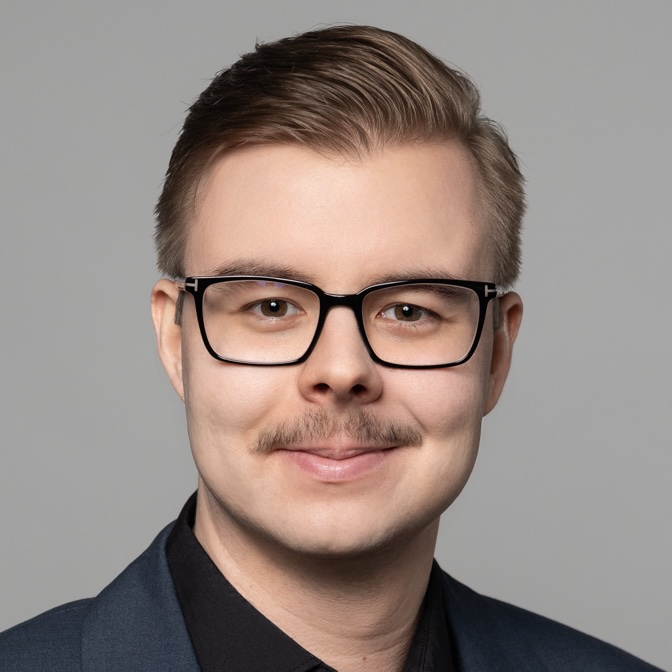 Dr. Lukas Schneider, University of Zurich
Dr. Lukas Schneider, University of Zurich
receives the award for his PhD research on “Novel Photoactivatable Agents for Cancer Treatment”.
The award is endowed with CHF 5’000 for each of the two candidates and is sponsored by RGCC International.
Links:
Cancer Drug Discovery Research Award
Picture: L. Schneider
David Spichiger, Céline Wittwer, SCS
27.11.2024

SNSF Scientific Image Competition 2025
 Get your cameras! Give Swiss research a face!
Get your cameras! Give Swiss research a face!
The SNSF Scientific Image Competition encourages researchers working in Switzerland to present their works to the public and the media. Photographs, images and videos will be rated in terms of their aesthetic quality and their ability to inspire and amaze, to convey or illustrate knowledge, to tell a human story or to let us discover a new universe.
All the entries to the competition (more than 3100) are available in our online gallery on Flickr.
Categories of the competition
- Object of study (image)
- Women and men of science
- Locations and instruments
- Video loop
The competition is held annually. An international jury will meet at the beginning of the year and award a CHF 1,000 prize in each category for the winning entry, as well as CHF 250 for each distinction. The award-winning works are announced in April or May, displayed in an exhibition at the Biel/Bienne Festival of Photography and made available to the public and the media, as well as to scientific institutions.
The deadline for submissions is 31 January 2025. The winning images will be exhibited at the Biel/Bienne Festival of Photography in May 2025.
More information on the SNSF Scientific Image Competition web page.
Céline Wittwer, SCS
12.11.2024
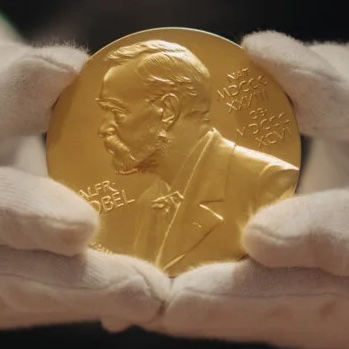
The Nobel Prize in Chemistry 2024: They cracked the code for proteins' amazing structures
 The Nobel Prize in Chemistry 2024 is about proteins, life’s ingenious chemical tools. David Baker has succeeded with the almost impossible feat of building entirely new kinds of proteins. Demis Hassabis and John Jumper have developed an AI model to solve a 50-year-old problem: predicting proteins’ complex structures. These discoveries hold enormous potential.
The Nobel Prize in Chemistry 2024 is about proteins, life’s ingenious chemical tools. David Baker has succeeded with the almost impossible feat of building entirely new kinds of proteins. Demis Hassabis and John Jumper have developed an AI model to solve a 50-year-old problem: predicting proteins’ complex structures. These discoveries hold enormous potential.
Picture: The Nobel Prize medal. © Nobel Prize Outreach. Photo: Clément Morin.
- Popular information: They have revealed proteins’ secrets through computing and artificial intelligence
- Scientific background: Computational protein design and protein structure prediction
The diversity of life testifies to proteins’ amazing capacity as chemical tools. They control and drive all the chemical reactions that together are the basis of life. Proteins also function as hormones, signal substances, antibodies and the building blocks of different tissues.
“One of the discoveries being recognised this year concerns the construction of spectacular proteins. The other is about fulfilling a 50-year-old dream: predicting protein structures from their amino acid sequences. Both of these discoveries open up vast possibilities,” says Heiner Linke, Chair of the Nobel Committee for Chemistry.
Proteins generally consist of 20 different amino acids, which can be described as life’s building blocks. In 2003, David Baker succeeded in using these blocks to design a new protein that was unlike any other protein. Since then, his research group has produced one imaginative protein creation after another, including proteins that can be used as pharmaceuticals, vaccines, nanomaterials and tiny sensors.
The second discovery concerns the prediction of protein structures. In proteins, amino acids are linked together in long strings that fold up to make a three-dimensional structure, which is decisive for the protein’s function. Since the 1970s, researchers had tried to predict protein structures from amino acid sequences, but this was notoriously difficult. However, four years ago, there was a stunning breakthrough.
In 2020, Demis Hassabis and John Jumper presented an AI model called AlphaFold2. With its help, they have been able to predict the structure of virtually all the 200 million proteins that researchers have identified. Since their breakthrough, AlphaFold2 has been used by more than two million people from 190 countries. Among a myriad of scientific applications, researchers can now better understand antibiotic resistance and create images of enzymes that can decompose plastic.
Life could not exist without proteins. That we can now predict protein structures and design our own proteins confers the greatest benefit to humankind.
David Baker, born 1962 in Seattle, WA, USA. PhD 1989 from University of California, Berkeley, CA, USA. Professor at University of Washington, Seattle, WA, USA and Investigator, Howard Hughes Medical Institute, USA.
Demis Hassabis, born 1976 in London, UK. PhD 2009 from University College London, UK. CEO of Google DeepMind, London, UK.
John M. Jumper, born 1985 in Little Rock, AR, USA. PhD 2017 from University of Chicago, IL, USA. Senior Research Scientist at Google DeepMind, London, UK.
Further information: www.kva.se and www.nobelprize.org
Press contact: Eva Nevelius, Press Secretary, +46 70 878 67 63,
Nobel Prize® is a registered trademark of the Nobel Foundation.
10.10.2024/SCS
Page 4 of 298

